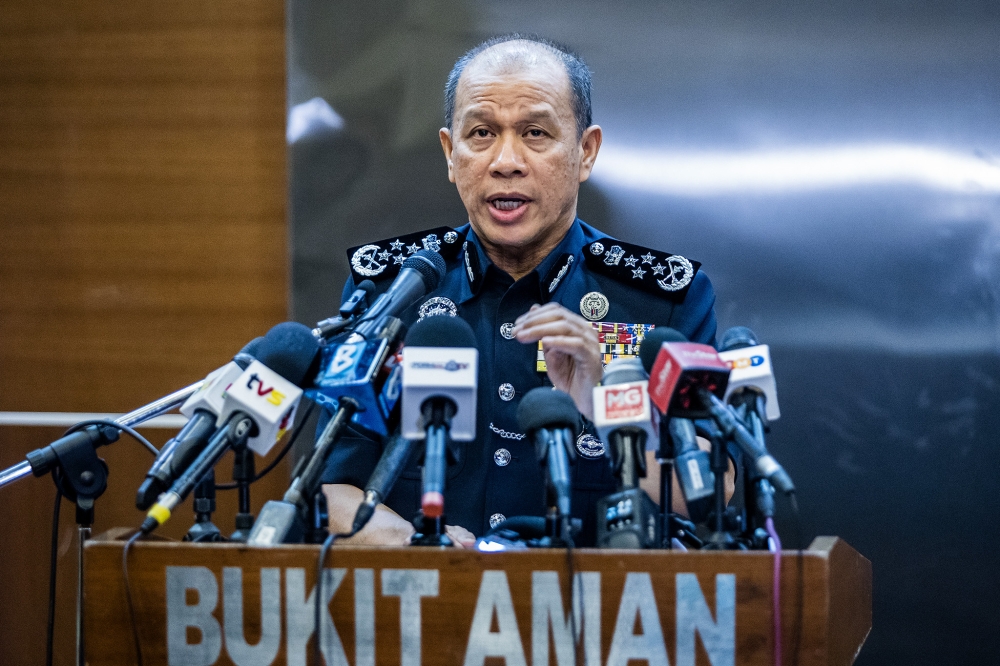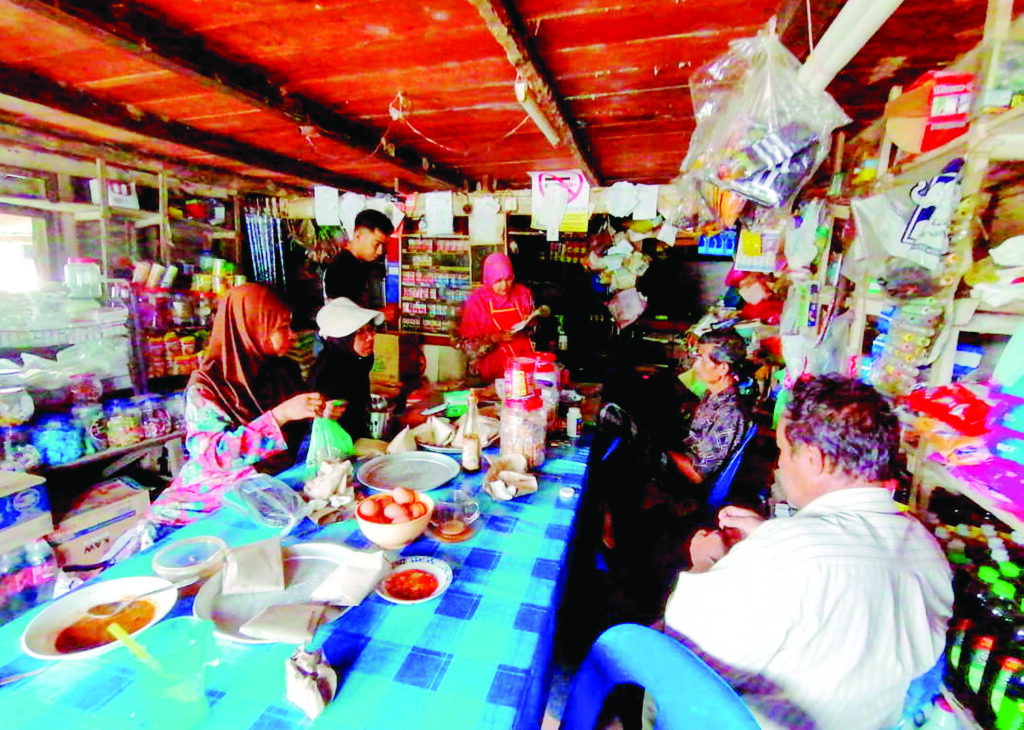- A group of Bangladeshi nationals linked to IS used social media and messaging apps to spread extremist ideology and recruit members from Malaysia’s migrant worker community.
- Police uncovered the group’s use of labour sectors for recruitment, mobile payment apps for funding militant activities, and secret meetings to organise cells and spread influence.
- Authorities have identified up to 150 individuals involved, with actions ranging from repatriation to legal prosecution, amid concerns Malaysia could become a transit hub for foreign militants.
KUALA LUMPUR, July 4 — A group of Bangladeshi nationals linked to the Islamic State (IS) terror group used social media platforms to spread propaganda and recruit members from within Malaysia’s migrant worker community, said the Inspector-General of Police (IGP) Datuk Seri Mohd Khalid Ismail today.
He said the police’s special branch first detected the group through a number of Facebook accounts actively sharing IS-related content, all traced back to internet protocol (IP) addresses originating in Malaysia.
“Based on intelligence, the group’s modus operandi involved several strategic approaches. First, they recruited members through labour sectors, including factories, construction sites, and petrol stations, targeting the Bangladeshi community working in Malaysia.
“Second, they used social media platforms such as Facebook as a medium to spread radical and extremist ideologies, in turn attracting more supporters.
“Third, messaging applications such as WhatsApp and Telegram were widely used to circulate propaganda, coordinate processes, and organise activities in secret, including ta’lim sessions (religious instruction) and member meetings,” he said in a press conference at Bukit Aman here.
The aim of the recruitment, Khalid said, was to enlist members to fight in Syria or for the IS, and to raise funds to be channelled to Syria, IS networks, and Bangladesh.
“The group also raised funds to support militant activities using mobile payment applications such as Touch ‘n Go and bKash, as well as international money transfer services,” he said.
Khalid said members paid RM500 annually to the Bangladesh “radical militant movement” in membership fees.
The police also have detected between 100 and 150 individuals who are involved in the WhatsApp group.
“As for those with minimal involvement, we will take appropriate action and repatriate them to their home country. For those deeply involved, we will take legal action and charge them under our national laws,” he added.
He said individuals who pledged the “baiah”, or oath of allegiance, online were then made responsible for leading new cells established in certain areas, with the aim of expanding the group’s influence and operations.
“In addition, recruitment was carried out in phases, beginning with a vetting process and progressing towards the formation of more elite members,” he added.
Khalid said the security implication for Malaysia is that the country was at risk of becoming a logistics and transit hub for foreign militants, which could tarnish the country’s image by associating it with radical elements.
“This is our main concern. The infiltration of extremist ideologies within migrant communities, which are difficult to detect, could lead to subversive activities carried out covertly.
“If left unaddressed, this issue may affect Malaysia’s international standing and diplomatic relations in the region. Therefore, the police would like to emphasise that national security is our highest priority and will not be compromised under any circumstances,” he said.
Last week, Home Minister Datuk Seri Saifuddin Nasution Ismail said the police arrested 36 Bangladesh citizens this week, who were found to be directly involved in a “radical militant movement” centred on extremist beliefs and terrorism ideology.
Saifuddin said the police’s planned security operations had started from April 24 with three phases of arrests in Selangor and Johor.







